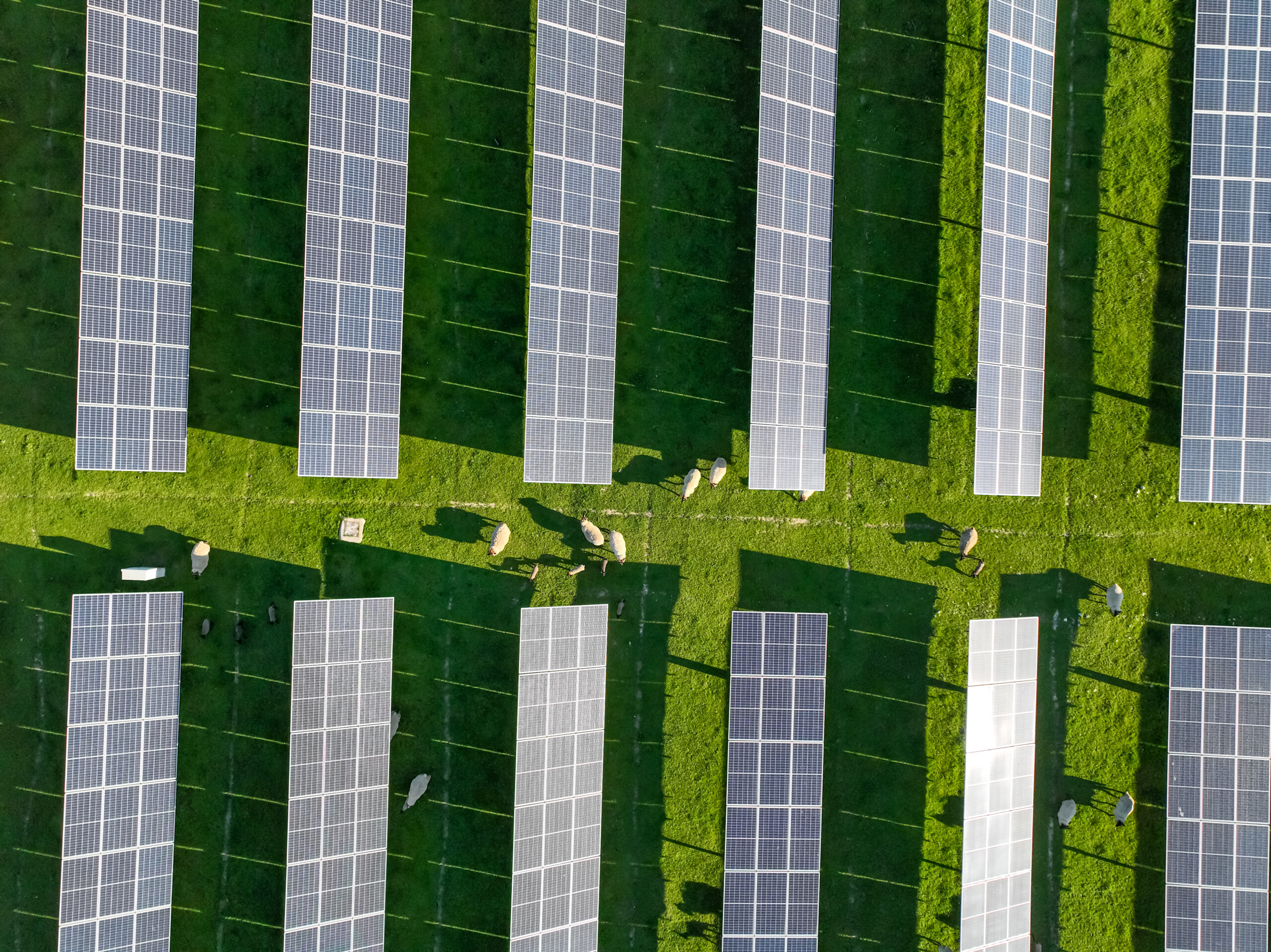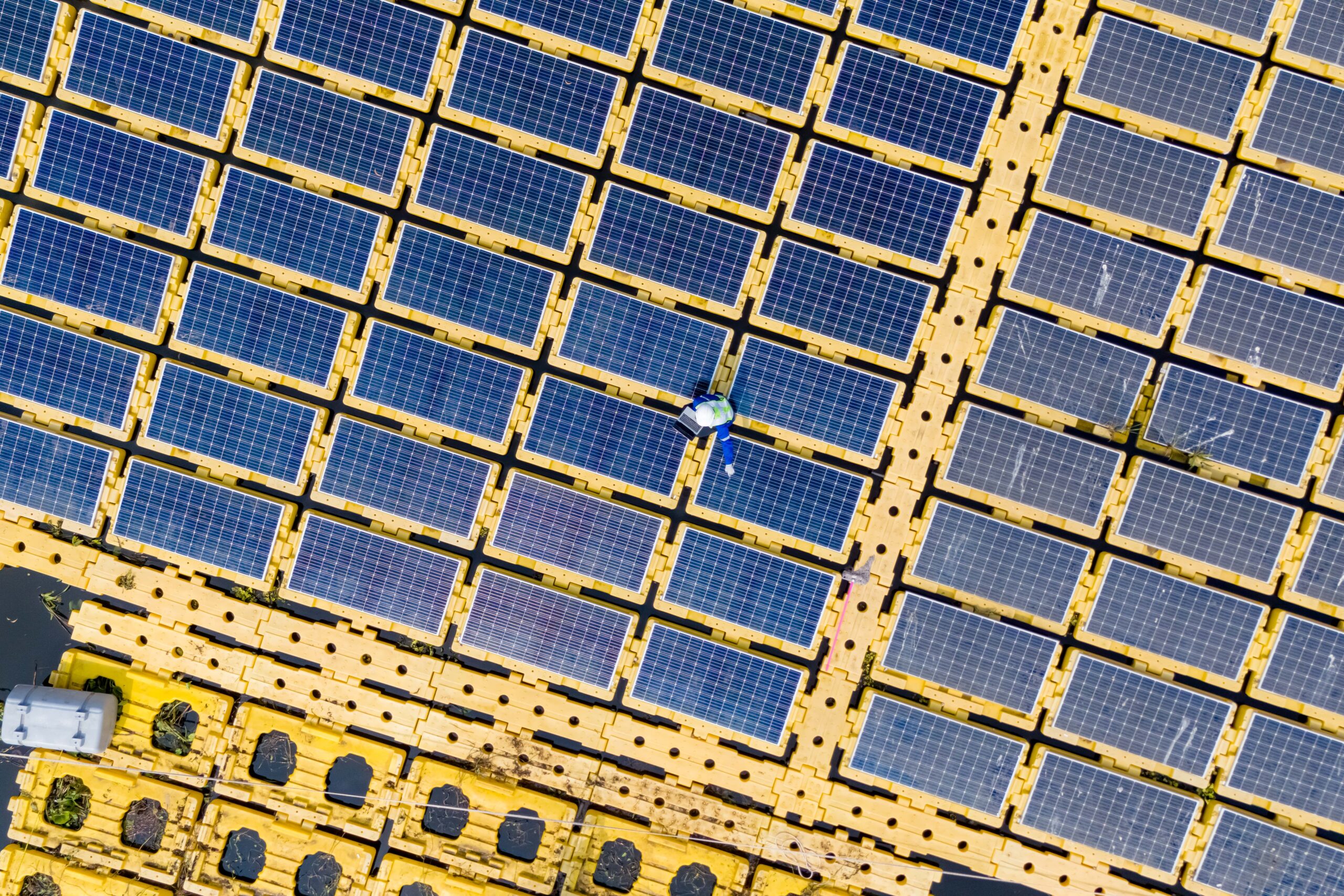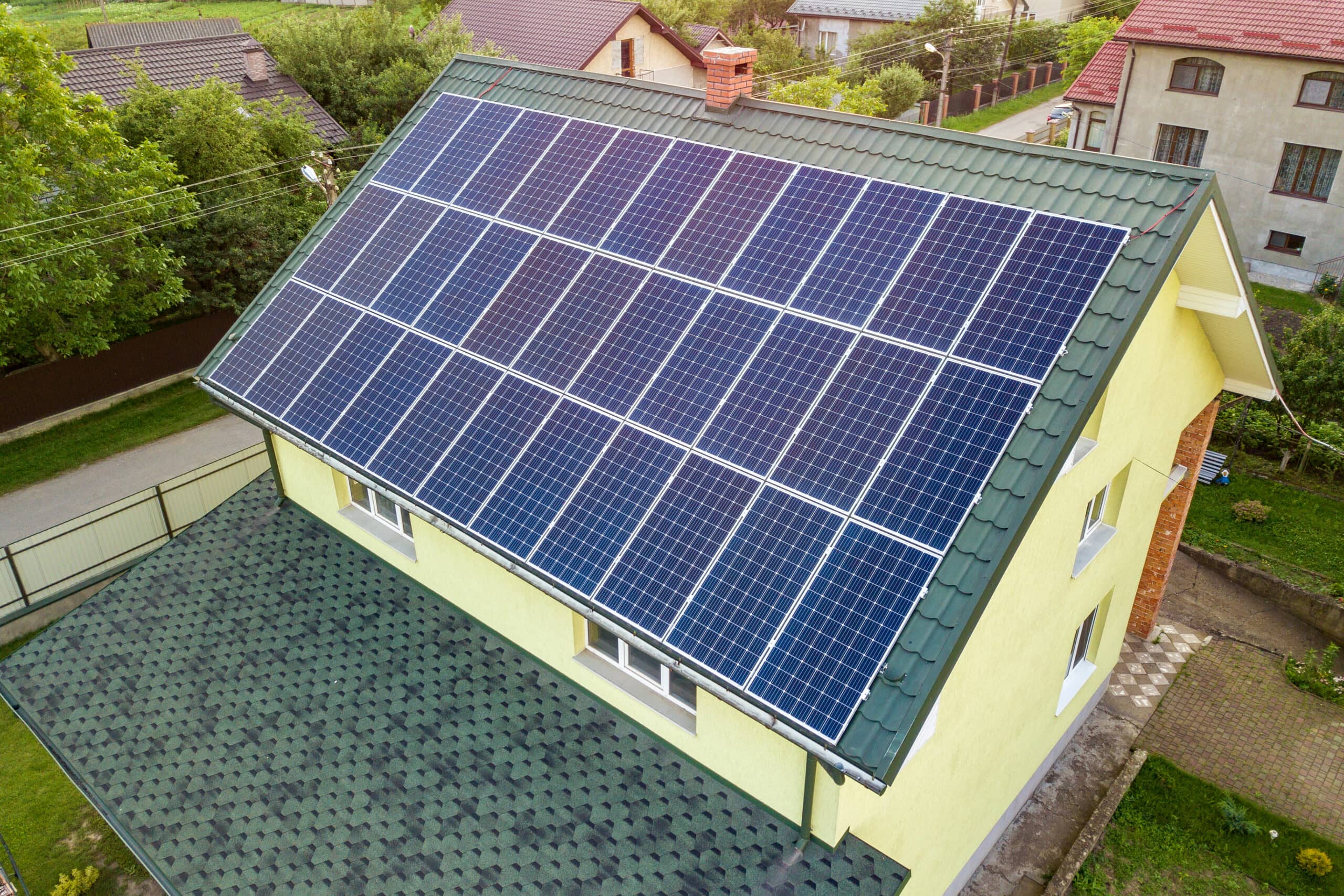Solar panels have recently gained immense popularity as a sustainable and renewable energy source. More and more people are realizing the benefits of harnessing the sun’s power to generate electricity.
Knowing how long solar panels last is crucial for several reasons. It helps us make informed decisions about their installation, maintenance, and cost-effectiveness. By understanding their lifespan, we can ensure that we make the most of our investment and maximize the benefits of solar energy.
Lifespan of Solar Panels
The lifespan of solar panels refers to the duration of time they can reliably generate electricity. On average, solar panels have a lifespan of around 40 to 50 years and production warranty of 25 to 30 years. However, it’s important to note that this can vary depending on several factors.
Factors that influence the lifespan of solar panels include:
1. Quality: High-quality panels have a longer lifespan than lower-quality ones.
2. Maintenance: Proper maintenance can help prolong the lifespan of solar panels.
3. Climate: Extreme weather conditions, such as hailstorms or excessive heat, can impact the longevity of solar panels.
4. Installation: Proper installation techniques and quality components can contribute to the longevity of solar panels.
Understanding these factors can help individuals make informed decisions about investing in solar panels.
Degradation of Solar Panels
Degradation in solar panels refers to the gradual decrease in efficiency and power output over time. It happens due to factors like exposure to sunlight, temperature changes, and environmental conditions. As solar panels age, their performance may be affected.
Now, let’s talk about the degradation rate. The speed at which solar panels degrade can vary. On average, they experience an annual degradation rate of around 0.5% to 1%. This means that the panels may still work after 25 to 30 years, but their power output could decrease by 10% to 30%.
So, what are the implications of degradation on overall solar panel performance? Well, as panels degrade, their power output gradually decreases. This means they might generate less electricity than when they were new. However, even with degradation, solar panels can still provide significant clean energy. It’s worth noting that high-quality panels tend to degrade at a slower rate and maintain better performance over time.
Types of Solar Panels and Longevity
Regarding solar panels, you may come across the terms tier 1, 2, and 3. These classifications are based on the reputation and quality standards of the manufacturers. Let’s take a closer look at what each tier means.
Tier 1 solar panels are based on the manufacturer’s financial stability, guaranteeing their ability to uphold warranties over the panels’ extended lifespan. To be classified as Tier 1 solar panels, manufacturers must also meet a predetermined threshold for installed capacity (megawatts) within specific regions. Choosing tier 1 panels can give you peace of mind, knowing you’re investing in reliable and efficient solar technology.
Tier 2 solar panels are also from reputable manufacturers. However, they may have a different level of financial stability or extensive history than tier 1 manufacturers. While they still offer good quality, it’s essential to research factors like warranty and performance when comparing them to tier-1 panels.
Lastly, we have tier 3 solar panels. These panels are typically from newer or less established manufacturers and can be found at Canada Tire or other hardware stores. While they’re perfect for charging smaller devices such as cell phones, we advise against using them for residential purposes. We recommend opting for higher-tier panels for your home’s energy needs to ensure efficiency and reliability.
To recap, tier 1 solar panels are often considered the top choice due to their higher quality and reputation. Tier 2 panels are also reliable options, while tier 3 panels may be more affordable but have some uncertainties. Ultimately, the decision depends on your budget, priorities, and the level of risk you’re comfortable with.
Factors Influencing Lifespan
Several factors come into play when it comes to the lifespan of solar panels. Understanding these factors can help you make informed decisions and maximize the longevity of your solar panel system.
One crucial factor is the quality of the panels themselves. Higher-quality panels, such as tier 1 panels, are often designed and manufactured to withstand various environmental conditions. They are built with durable materials and undergo rigorous testing to ensure their reliability over time. Investing in high-quality panels can contribute to a longer lifespan for your solar panel system.
Another factor to consider is proper installation. A professional installation ensures the panels are securely mounted and properly connected to your electrical system. Improper installation can lead to issues such as water leakage, loose connections, or structural damage, which can negatively impact the lifespan of your panels. Working with certified installers with experience in solar panel installations is essential.
Maintenance also plays a significant role in extending the lifespan of solar panels. Dust, dirt, leaves, and other debris can accumulate on the surface of the panels, reducing their efficiency. Cleaning the panels, especially in areas with high pollution or dust levels or pollen, can help maintain optimal performance. Additionally, scheduling professional inspections can help identify any potential issues early on and address them promptly, ensuring the longevity of your solar panel system.
Environmental factors also influence the lifespan of solar panels.Solar panels are designed to withstand severe weather conditions, such as hailstorms with hailstones of quarter-sized diameter propelled at velocities exceeding terminal velocity and wind speeds up to 250 mph. However, it’s important to remember that these extreme weather conditions would likely cause significant damage to most roofs with or without solar panels.
In a nutshell, the lifespan of solar panels is influenced by factors such as panel quality, proper installation, maintenance, and environmental conditions. By investing in high-quality panels, ensuring professional installation, performing routine maintenance, and considering your climate conditions, you can maximize the lifespan of your solar panel system and enjoy the benefits of renewable energy for years to come.
Effective Maintenance Practices
Regular maintenance is critical to ensuring the optimal performance of your solar panels. Let’s explore some effective maintenance practices:
Routine Maintenance Tips: Here are some practical tips to keep your solar panels in top shape:
1. Cleaning: Regularly clean your solar panels to remove dirt, dust, and debris. Use a soft cloth or sponge with mild soap and water. Avoid abrasive materials that could scratch the surface.
2. Check for Shading: Make sure no obstructions like trees, buildings, or other objects cast shadows on your panels. Shading can significantly reduce their efficiency.
3. Inspect for Damage: Periodically inspect your panels for any signs of damage, such as cracks, loose connections, or water ingress. If you notice any issues, contact a professional for assistance.
Importance of Regular Inspections: Regular inspections are crucial for optimal performance. Here’s why they matter:
1. Identify Issues Early: Inspections allow you to catch any potential problems early on. By addressing them promptly, you can prevent further damage and ensure your panels continue to operate efficiently.
2. Maximize Efficiency: Regular inspections help ensure that your panels work at their full potential. You can maximize their energy production and overall performance by identifying and resolving any issues.
3. Extend Lifespan: By staying proactive with inspections, you can extend the lifespan of your solar panels. Identifying and addressing issues early can prevent further damage and help your panels last longer.
Remember, it’s always a good idea to consult a professional for more specific maintenance guidelines tailored to your solar panel system. They can provide expert advice and ensure your panels stay in great shape.
Routine maintenance and understanding solar panels’ lifespan are vital for optimal performance and longevity. By following practical maintenance tips, such as regular cleaning, checking for shading, and inspecting for damage, the panels can continue to generate clean energy efficiently. Additionally, comprehending their lifespan helps identify early issues, maximize efficiency, and extend their overall lifespan. By prioritizing these practices, we can make the most of solar panels and positively impact our environment while enjoying the benefits of renewable energy. So, let’s keep up the excellent work of caring for our solar panels and promoting sustainable energy solutions!






